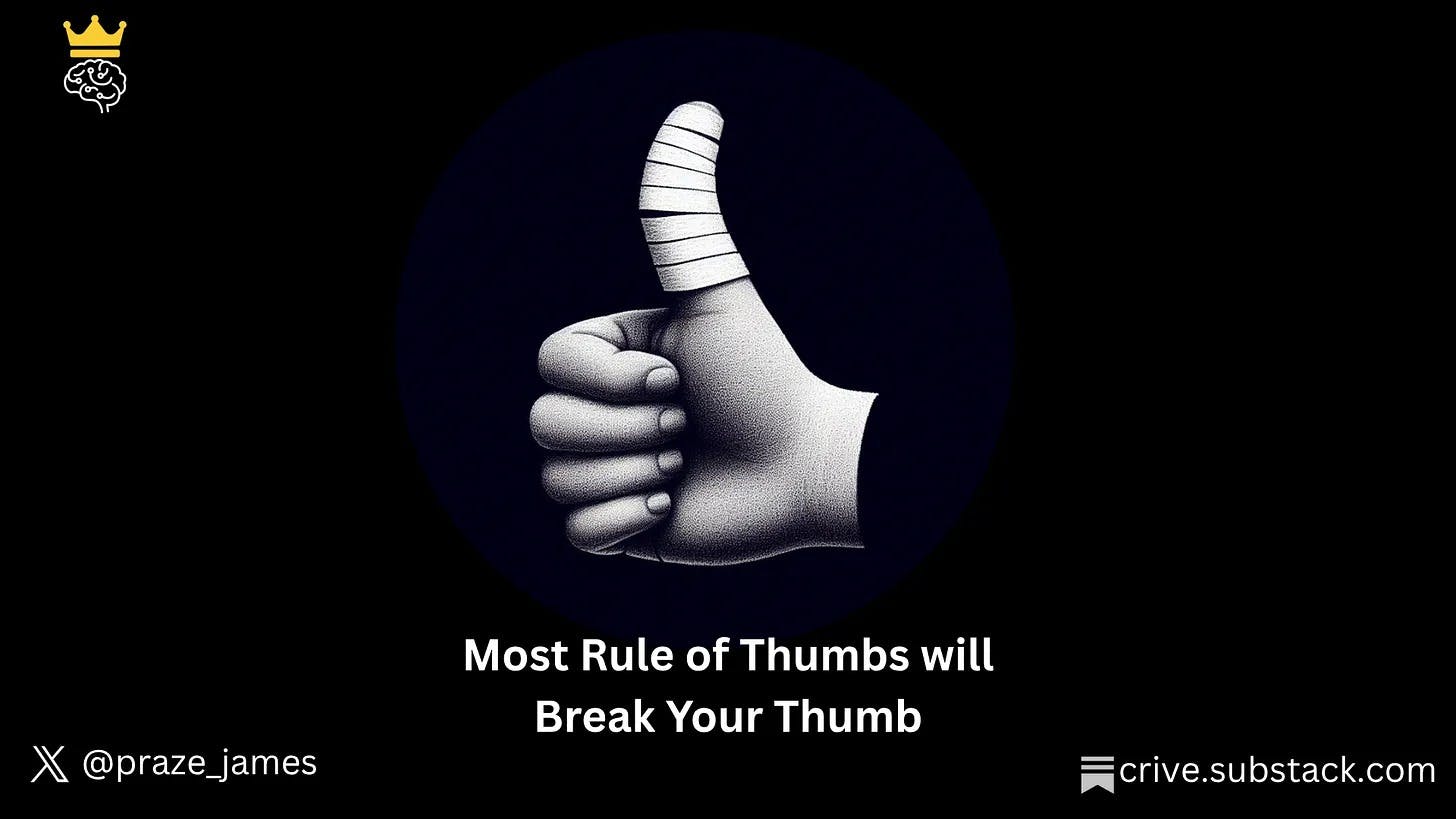NETFLIX has quietly made some big improvements to the platform that will boost the picture quality – and reduce annoying buffering in the process.
Errors and re-buffering are sadly commonplace when trying to watch movies and TV via any streaming app.
1
But Netflix says it has worked out a way to reduce re-buffering by 10 per cent.
And even if you are unlucky enough to be hit by re-buffering it should drag on a little less, with a 5 per cent cut to the duration.
The firm has also managed to make start play faster, as well as decrease playback errors by 3 per cent.
It’s all thanks to some visual improvements going on behind the scenes at Netflix.
The biggest part of all this is maintaining that film grain effect you’ll be familiar with from cinemas.
“Camera sensor noise introduces its own characteristics, while filmmakers often add intentional grain during post-production to evoke mood or a vintage feel,” Netflix explained in a blog post.
However, this can be tricky to maintain when compressing big videos down so they stream faster.
Netflix says the feature has been rolling out since March – and you don’t need to do anything to benefit from it.
It’s not clear which titles have been converted in this way.
However, the blog post did show examples of how it had been achieved in They Cloned Tyrone, starring John Boyega, Teyonah Parris, and Jamie Foxx.
MORE WAYS TO BOOST PICTURE QUALITY ON YOUR TV
Pick the right picture mode
An easy one to start with is picture mode, which has the largest effect on your TV’s overall image.
The picture mode you select automatically adjusts multiple aspects of your TV’s image at the touch of the button.
Most boxes offer a range of presets that typically include cinema, gaming, sports, dynamic, standard and more.
It’s typically recommended that you stick to the picture mode labelled Movie (Samsung), Cinema (LG and Sony), or Calibrated (Vizio).
These modes come the closest to official HD and UHD standards, meaning they present shows and movies as the creators intended.
Have a play around with your TV’s picture mode and pick the one that’s best for you.
You may find that, if your device is in a bright room, you’re better off picking a setting such as Dynamic or Vivid, which are best for naturally lit spaces because they exaggerate contrast.









